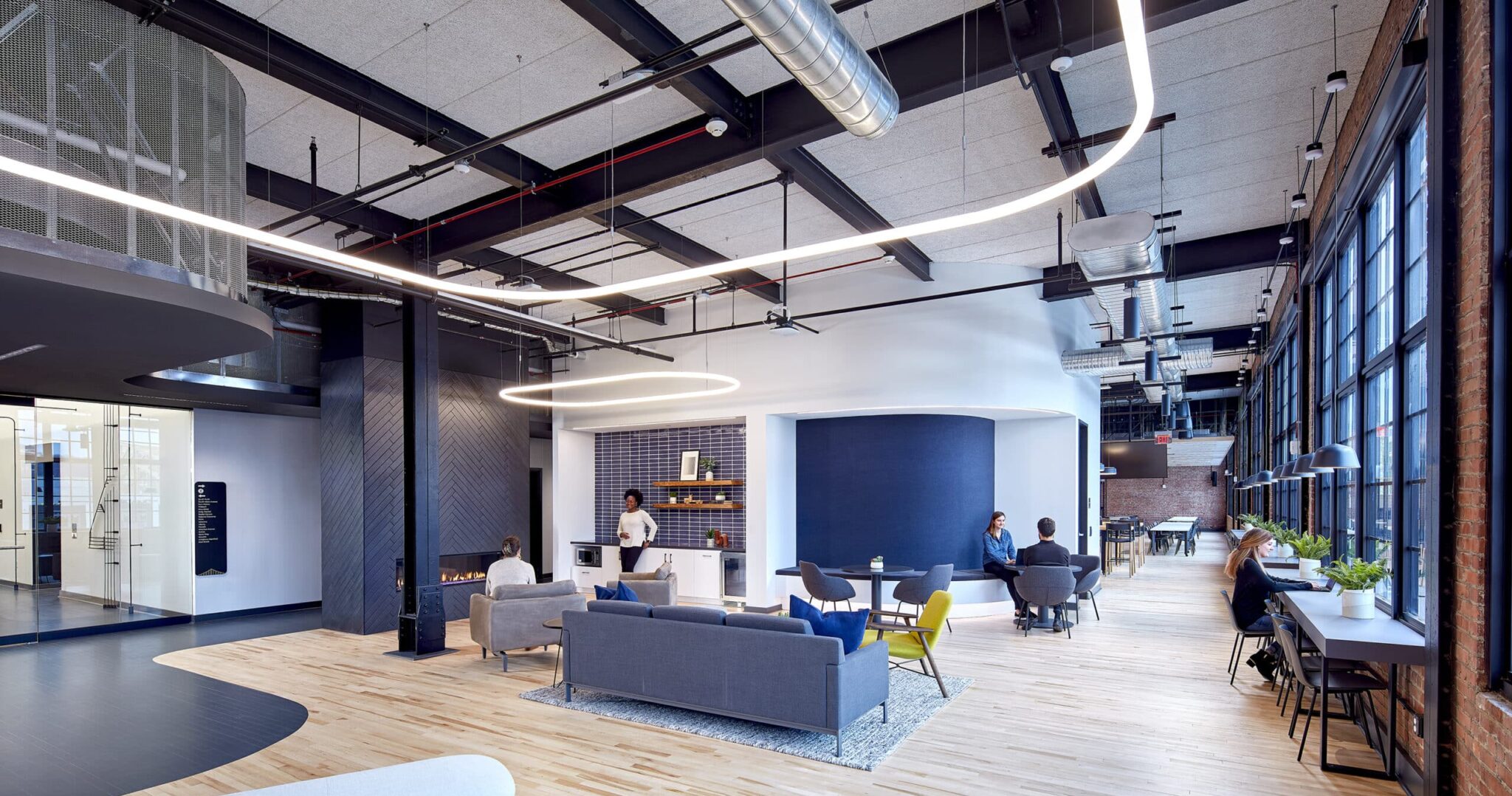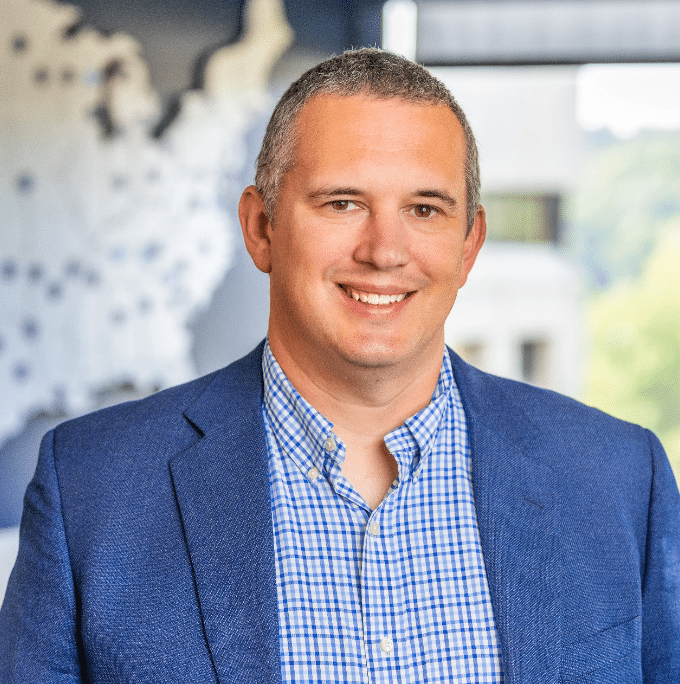We live in a world that measures progress in 90-day increments. Quarterly earnings reports, investor calls, and performance benchmarks all reinforce a short-term mindset. It’s convenient, of course. Three months is long enough to measure progress yet short enough to feel like we’re maintaining control of our invested capital.
But history has shown us that businesses not beholden to quarterly reporting cycles often outperform their public counterparts over time. Private companies of comparable size and industry often demonstrate stronger long-term performance. Why? Because they are not trapped by the discipline of Wall Street’s reporting calendar. Still, whether public or private, companies are ultimately in the business of translating investments into returns. The question ultimately comes down to cash flow: how much capital is deployed today, how much will it yield in the future, and when will that future arrive?
Not every investment lends itself to neat present-value calculations. Some of the most important decisions a business can make are about preparing for the future. Traditionally, that meant equipping the company itself. Today, leaders increasingly recognize that it also means preparing the environment in which they will operate—a shift that requires a different kind of thinking.
The Fallacy of Separating Investment and Charity
For decades, the corporate playbook was straightforward: maximize returns for shareholders while setting aside a modest fraction of profits for charitable causes. These efforts were often symbolic; goodwill campaigns that demonstrate the company’s community involvement.
More recently, however, business leaders recognized a broader truth: a company’s value today depends in part on its ability to remain profitable tomorrow. That future profitability is tied not just to the health of the company but to the health of the society in which it operates. Investments in education, workforce development, and community stability can help shape the conditions for long-term success.
The principle was sound: companies can help build a future that better sustains their own prosperity, which creates real value for their owners. But in practice, many organizations lost focus choosing to emphasize the “help build the future” part of the principle without sufficient regard for the “sustains their own prosperity. Some companies strayed into areas of personal interest of their leadership where consensus among their customers was lacking. The result was predictable—damaged reputations, disengaged customers, and declining profitability. A promising framework for stewardship was undermined by its execution, and companies were forced to rethink those commitments.
The Idea Wasn’t Wrong—The Focus Was
Those companies that wound up off track shared one thing in common. Their leaders saw the ability to shape the future as a tool to bring about change they viewed as positive, rather than to create a more hospitable environment for their future operations. Corporations must look not only at the factors that affect their short-term profitability and the decisions that shape their future, but also at the environment in which they will operate tomorrow. Business value is shaped not only by today’s earnings but also by the confidence investors and customers have in the company’s future profits.
Today’s earnings reflect, in part, yesterday’s investments—in equipment, technology, research, and people. By the same logic, tomorrow’s profitability will flow from the decisions leaders make today.
Wise management means preparing for more than just the next product line or the next round of technology upgrades. It also means asking what kind of environment the business will face: Will the workforce be more skilled or less? Will households have more or less disposable income? Will cities be safer or more dangerous? Will homelessness rise or decline? Will critical resources be more abundant or scarce?
These are not abstract social questions; they are practical business considerations. Each one impacts how a company performs in the future.
Corporate Responsibility as Stewardship
When directed with a clear vision, corporate investment in the community generates real value. It builds reputational capital, fosters employee loyalty, and strengthens stakeholder trust. But beyond these current benefits, much like a well-diversified portfolio protects investors, strategic giving helps companies hedge against risks that no single business can control—workforce readiness, community stability, and economic resilience.
These investments may not show up on next quarter’s earnings report, but over the long life of a company, they pay dividends. It’s not an outlay based on personal feelings or public perception. It is about building a durable foundation for sustained prosperity.
Conclusion: Planting Seeds for Tomorrow
This long-view perspective is hardly new. The ancient book of Ecclesiastes reminds us:
“Cast your bread on the surface of the waters, for you will find it after many days. Divide your portion to seven, or even to eight, for you do not know what misfortune may occur on the earth.”
Wise investment is a core competency for successful leadership. Certainly, investments must be focused in areas likely to create returns necessary to sustain the business, but we do well to heed the wisdom from above. We should make our investments not only in the things we have the clearest idea of return potential, but in other worthy investments as well because ultimately, only God knows how they’ll play out.
Dan Andrews
CEO/Managing Partner

